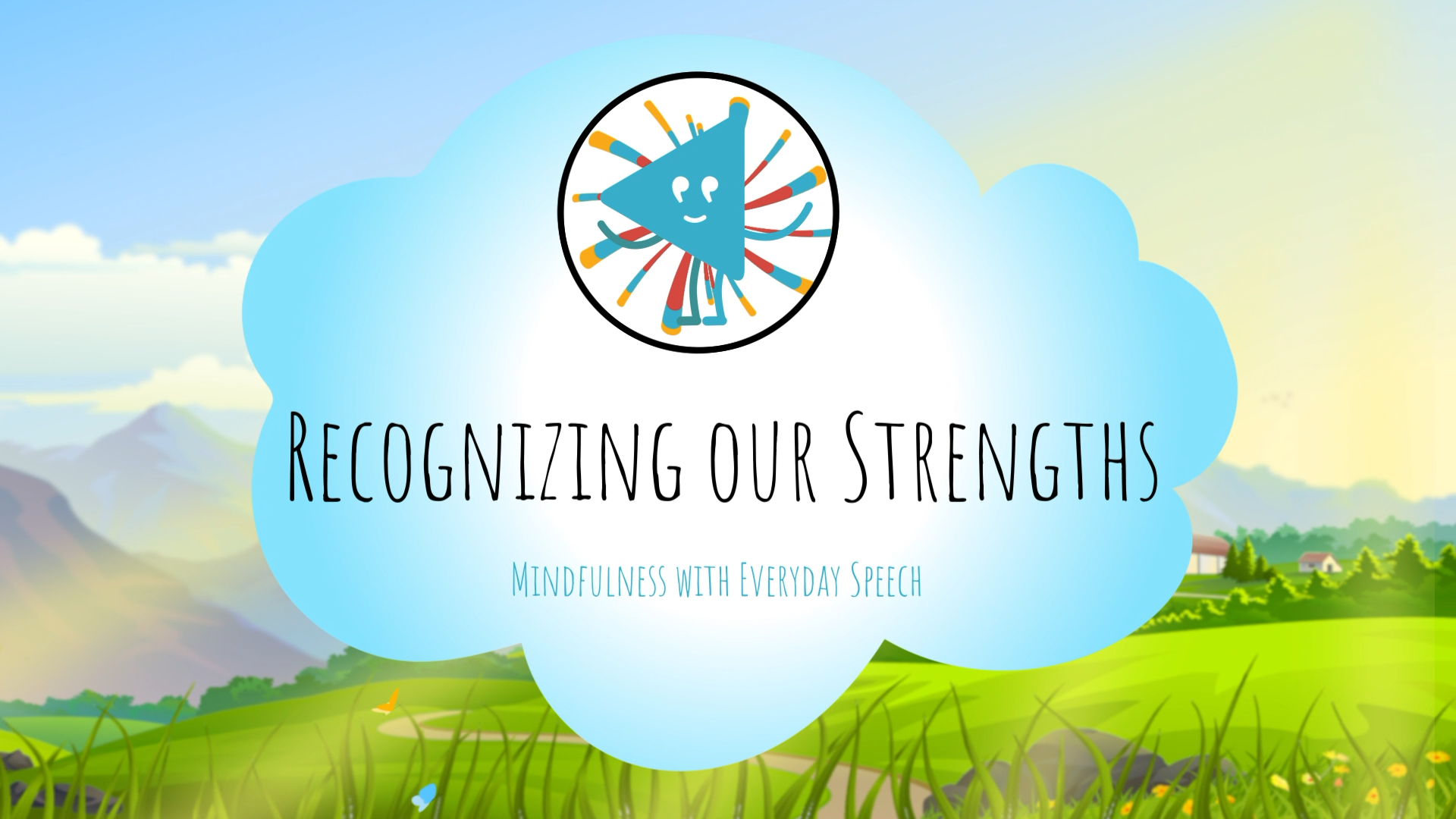
Introduction
As educators, we recognize that every student has their own unique set of strengths and weaknesses. One of the most powerful ways to help students overcome challenges and develop their abilities is by promoting a growth mindset. This mindset encourages the belief that talents and skills can be developed and improved over time. In contrast, a fixed mindset assumes that abilities are static and cannot change. Research has shown that adopting a growth mindset leads to increased motivation, resilience, and ultimately, success. In this blog post, we will explore a no-prep activity, discussion questions, and related skills to help educators foster a growth mindset in their students.
No-Prep Activity: The Power of ‘Yet’
This simple but effective activity encourages students to view their current weaknesses as opportunities for growth. Here’s how it works:
- Ask students to think of a skill or subject they want to improve.
- Have them write a statement about their current ability, such as “I’m not good at math.”
- Now, instruct them to add the word ‘yet’ to the end of their statement, turning it into “I’m not good at math, yet.”
- Discuss how this small change in language can shift their mindset from fixed to growth.
By adding the word ‘yet,’ students learn to see their current abilities as a starting point, not a final destination. This simple exercise can be used regularly to remind students of the power of a growth mindset.
Discussion Questions
These questions can help stimulate further discussion about the importance of a growth mindset in the classroom:
- What’s an example of a time when you turned a weakness into a strength? How did having a growth mindset help you?
- How can you support your peers in developing a growth mindset? What actions or words can you use to encourage them?
- Why is it important to be open-minded when encountering challenges or setbacks? How does this relate to a growth mindset?
- How can you apply a growth mindset to different areas of your life, such as relationships, hobbies, or personal goals?
Related Skills
In addition to fostering a growth mindset, there are other essential skills that can help students thrive both academically and socially. Some of these skills include:
- Resilience: The ability to bounce back from setbacks and maintain a positive attitude in the face of challenges.
- Goal-setting: Identifying specific, achievable goals and creating a plan to reach them.
- Problem-solving: Developing creative and effective solutions to challenges or obstacles.
- Self-awareness: Understanding one’s own emotions, strengths, and weaknesses, and using this knowledge to make informed decisions.
Next Steps
Now that you have some strategies and activities to promote a growth mindset in your students, it’s time to put them into practice. To support your efforts, we invite you to sign up for free samples of our skill-building materials. These resources can help you further develop students’ growth mindset and other essential social-emotional skills. Don’t miss this opportunity to empower your students and unlock their full potential.

